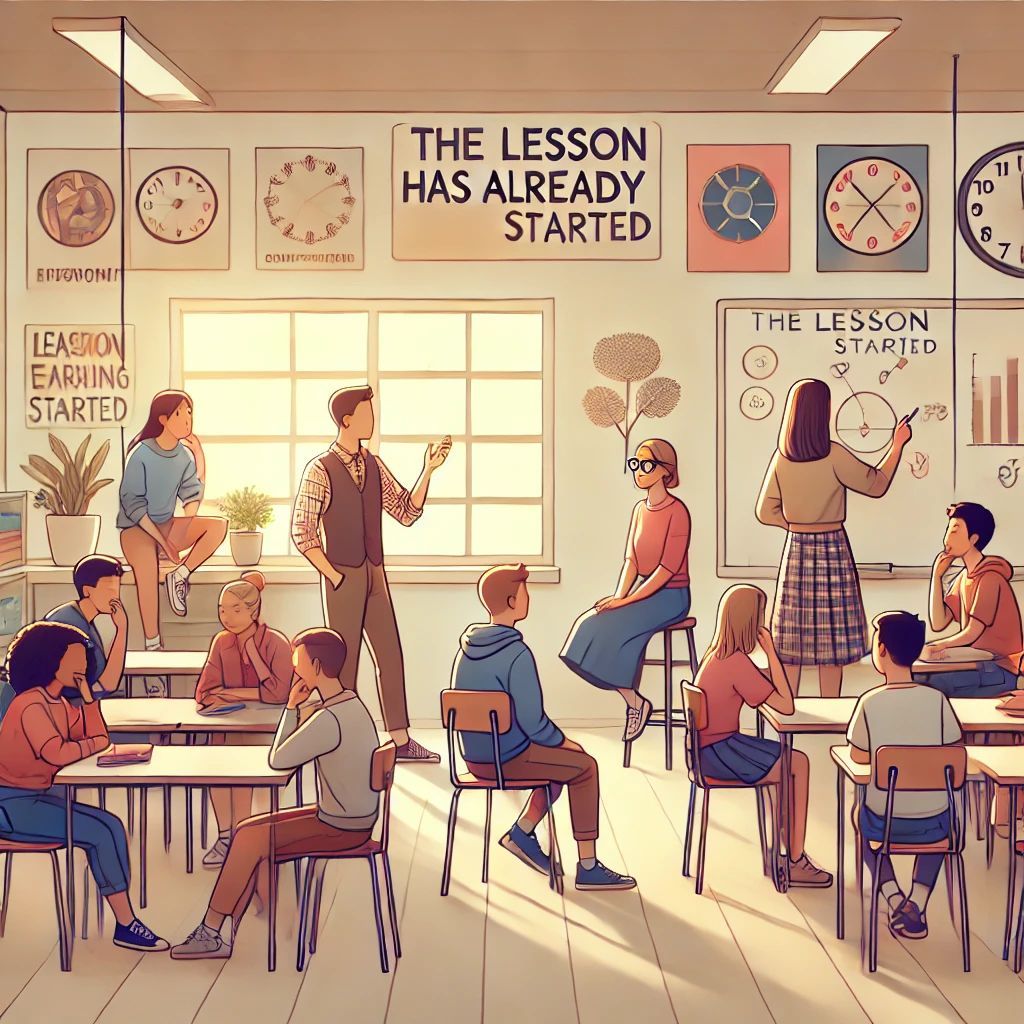Lesson Planning: The Key to Outstanding Educational Experiences

Lesson Planning: The Key to Outstanding Educational Experiences
By Carl Halford, Principal & Executive CEO, Winford International
Education is an art and science, harmoniously blended to impart knowledge, inspire curiosity, and foster critical thinking. The cornerstone of this monumental task lies in effective lesson planning. As educators, we strive not just to teach but to engage, not just to instruct but to empower. This article delves into comprehensive strategies for crafting lesson plans that transcend the ordinary, ensuring educators leave their classrooms with the satisfaction of having delivered truly outstanding lessons.
1. Understanding the Big Picture: The Chimp Paradox in Lesson Planning
The Chimp Paradox, a seminal work by Dr. Steve Peters, offers a profound understanding of how our mind operates. In the context of lesson planning, this translates to balancing the logical (the ‘Human’) and the emotional (the ‘Chimp’). Begin by setting clear, logical objectives – what do your students need to learn? Then, engage their ‘Chimp’ – how can you make this lesson resonate emotionally and personally with them? This balance ensures that lessons are not only informative but also engaging and memorable.
2. Structuring for Success: The Scaffolded Approach
Effective lesson planning is akin to constructing a building; it requires a solid framework. Scaffold your lessons to build upon prior knowledge, gradually introducing new concepts. This approach not only makes new information more accessible but also more retainable. Ask yourself: What do my students already know? How can I connect this to what they are about to learn? This method echoes the principles of Vygotsky’s Zone of Proximal Development, advocating for teaching just beyond the current ability level to encourage student growth.
3. Incorporating Differentiated Instruction: Catering to All Learners
Every classroom is a microcosm of diverse learning styles, abilities, and interests. Differentiated instruction is not just a method but a philosophy, acknowledging and valuing these differences. Utilise a variety of teaching methods – visual, auditory, kinaesthetic – to ensure that every student’s learning needs are met. Remember, differentiation is not about creating entirely different lessons but about providing different pathways to learning within the same lesson.
4. Interactive and Collaborative Learning: Fostering Peer Interaction
Collaboration is a key skill in our increasingly interconnected world. Plan activities that encourage students to work together, discuss, and solve problems collectively. This not only enhances learning but also develops essential life skills like communication, teamwork, and empathy. Consider techniques like Think-Pair-Share or Jigsaw, which promote active participation and peer teaching.
5. Utilising Technology: Enhancing Engagement and Accessibility
In our digital age, integrating technology into lessons is not just beneficial, it’s essential. Use educational software, interactive whiteboards, or online resources to make lessons more dynamic and accessible. Technology can also facilitate differentiated learning, allowing students to work at their own pace and level.
6. Continuous Assessment: The Bible on Leadership and Feedback
The Bible on Leadership highlights the importance of guidance, a principle directly applicable to education. Continuous assessment is crucial for understanding where your students are in their learning journey. Use formative assessments, like quizzes or group discussions, to gauge understanding and adjust your teaching accordingly. Remember, feedback is a two-way street – it’s as important for students to understand their progress as it is for you to understand the effectiveness of your teaching.
7. Reflection and Adaptation: The Key to Growth
Every lesson is an opportunity for growth, not just for students but for educators as well. Reflect on what worked and what didn’t. Seek feedback from students and colleagues. Be willing to adapt and change. This continuous cycle of reflection and adaptation is what transforms good teachers into great ones.
In conclusion, outstanding lesson planning is a multifaceted endeavour that requires understanding, structure, adaptability, and a deep commitment to student growth. By integrating these principles into your lesson planning, you create an educational experience that is not just effective but transformative. Remember, the goal is not just to teach but to inspire, not just to educate but to empower. Let’s embark on this journey with enthusiasm and dedication, ensuring every lesson is a step towards excellence in education.














































































































